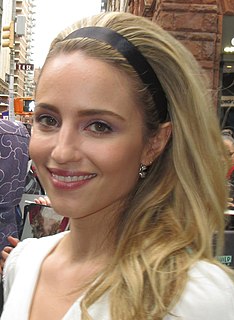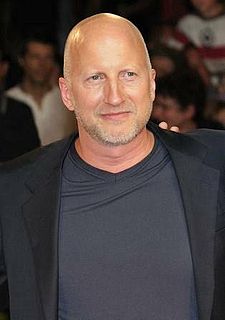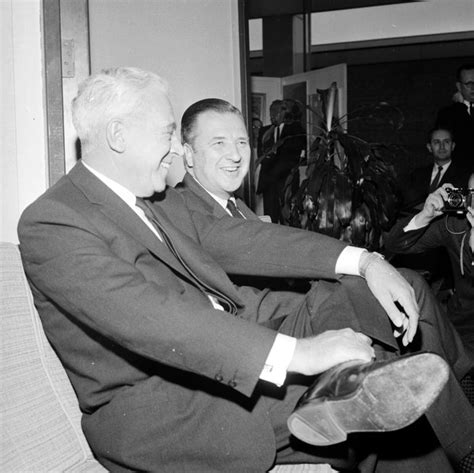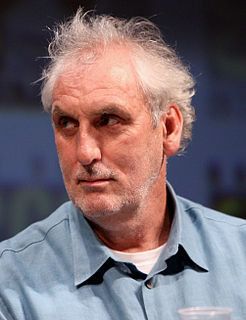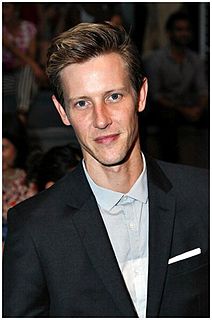A Quote by Barry Levinson
Even back in the '90s, I shot certain things on something that wasn't digital then, but it was on VHS with a smaller camera and we would up it to film.
Related Quotes
If you need to strap a camera to you or get in a small space, then it makes sense to use digital.I do think it is possible to use a digital camera artistically, but it can only be good if you are using film technique. Film has grain, and digital has pixels, and there is not that much of a difference, but digital does not replace the need to create a scene and light it properly and spend time considering the shot.
If I'm traveling, I'll take a film camera and a digital camera because sometimes there are moments where, if you've lost it, or if coming back and it accidentally goes through the X-ray machine and it gets overexposed, you might have had a really important moment to you and you would be really upset that you didn't have a back-up.
My current project was shot on film, and because of that I've spent my entire day removing dust-specks from negatives. You wouldn't have to do that on digital because you don't get dust on the scanner. I say to myself, "Why am I doing this all day?" I could have just bought a digital camera and I wouldn't have to remove dust-specks ever again. But when you move closer to a film image, it has a real truth to it. And I really like that.
Once digital came, I could see my images instantly right there on the camera. I think that makes you a better photographer because you can see right there if your subject's eyes are closed or if you exposed it wrong and if it's too bright or dark. You can fix it right here. With film, you wouldn't know until you got the prints back if something was messed up, and then there was nothing you could do. That was a huge advantage.
There's something very satisfying about old cameras because they're ingenious. I mean when you take them apart and actually see, 'Oh, this is how we make photographs,' it's an ingenious thing, but it feels like it's in a way a layman can appreciate, whereas a digital camera, I don't even begin to know what goes into making a digital camera.
I know when I watch a film at this point, if I completely lose myself in the characters and the story and the world of the film I know that it's at least in my opinion, that was great. Otherwise I'm thinking: "Oh I know they were just doing A, B and C, right before they walked into the scene, then the camera was there, then they probably took the shot from this reverse close-up and moved it into this." When all of that drops away then I'm like: "Okay this was phenomenal, this was fantastic." I mean, any film or TV performance in general is probably good.
If I'm ever working on a set and anyone talks about a master shot, I say there is no master shot. Before I even went to film school, I learned about movies by being in a British feature film, where everything was shot master shot, mid-shot, close-up. But I reject the idea of a master shot. You don't shoot everything mechanically; you find imaginative ways that serve the action.


